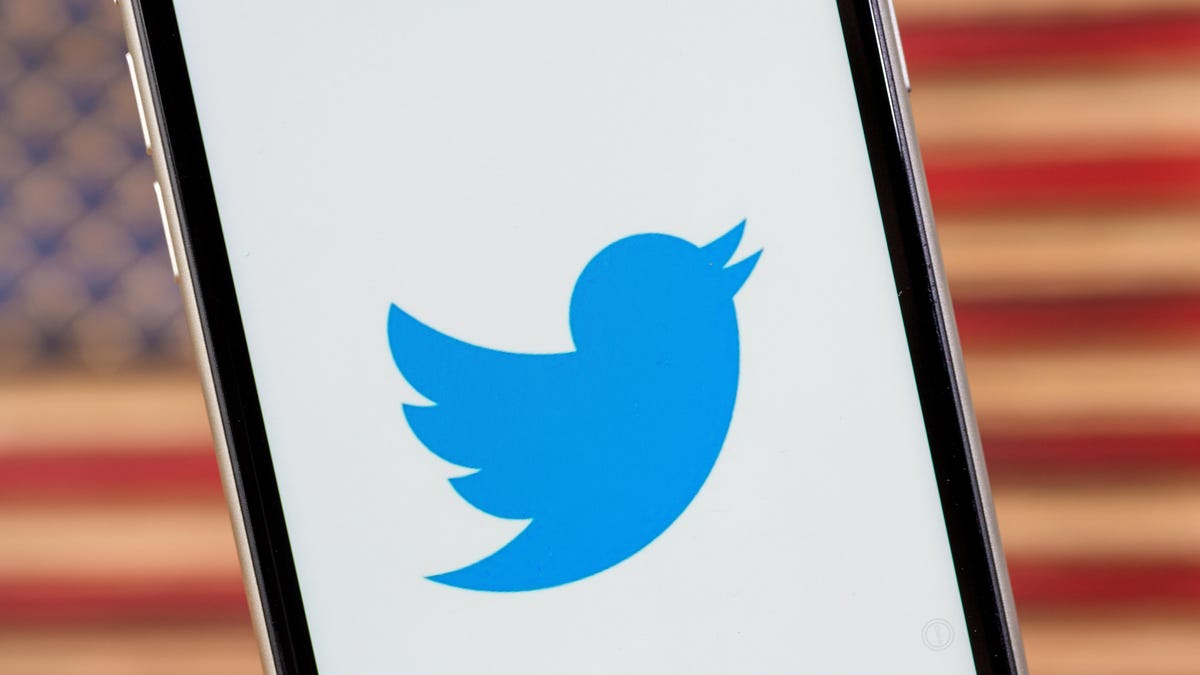Trump administration fights to let president block his critics on Twitter
The White House has filed a petition with the Supreme Court.

A court last year ruled Trump cannot block critics on Twitter.
The White House has asked the Supreme Court to review a decision by a lower court not to allow President Donald Trump to block people on Twitter. The petition, filed with the Supreme Court on Thursday, came after a federal court ruled in July 2019 that the president cannot block people who criticize him on a public forum.
But the Trump administration is arguing that the president is using his personal Twitter account rather than the POTUS account.
"President Trump's ability to use the features of his personal Twitter account, including the blocking function, are independent of his presidential office," the petition argues. "Blocking third-party accounts from interacting with the @realDonaldTrump account is a purely personal action that does not involve any 'right or privilege created by the State.'"
The unanimous decision by the US Court of Appeals for the 2nd Circuit last year came after an appeal of the same ruling in the US District Court for the Southern District of New York in 2018. The case began after Trump was sued for blocking users in 2017.
"The First Amendment does not permit a public official who utilizes a social media account for all manner of official purposes to exclude persons from an otherwise‐open online dialogue because they expressed views with which the official disagrees," wrote Judge Barrington D. Parker last year.

